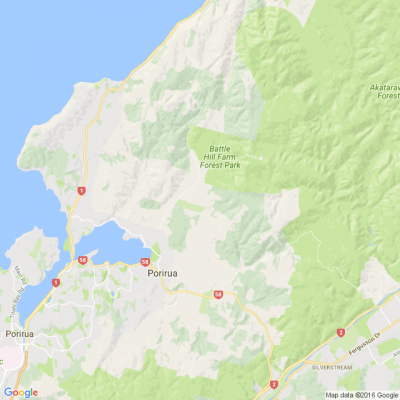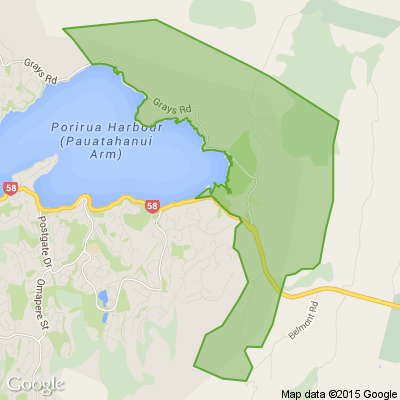John Burnet talked about his bees
Some 30 years ago, our speaker tonight, John Burnet, acquired a single beehive, and this introduced him to the exciting world of bees and the consequent growth of his hive holding to twenty-four. This hive empire, which is urban-based, produces about 200 kg of honey in a year and John consumes some himself and then sells the surplus on the local market.
Bees are essential for pollination in agriculture and horticulture and so, in 1839, Mary Bumby managed to establish two hives in the Hokianga (imagine the issues around bringing hives on a sailing ship from the other side of the world!) and then commercial beekeeping was established in 1878.
Most bees in New Zealand are honeybees (an Italian variety) although there are less social and shorter living native bees and smaller numbers of other introduced bees.
We have the highest number of hives per capita in the world with 885,160 registered hives with 10,340 beekeepers managing them.
Hive production has decreased over the years as commercial production has increased and the workload for managing hives has increased because of the establishment of varroa mites throughout the country.
We all know about the pampered life a Queen bee leads but of interest was the fact that any worker bee can be transformed into a queen if the need arises. The queen also, by choice, chooses the sex of her offspring.
Worker bees are infertile females, and they work a punishing schedule during their life that can last from six weeks to six months in the winter. It is all work and no play.
The drones are indolent males; however, there is a certain brutality to life as they are thrown out in winter when the hive population declines from around 60,000 to 20,000 and their sexual abilities are no longer in demand.
There is considerable interest in having bees in an urban environment and brightly coloured hives can be seen in many locations. If you have wondered why the multi-colour hives exist, the answer is it helps the bees find their home after a hard day in the field.
There are many plants that can be used to attract bees which are in everyone’s interest but the tip that found the most favour was to let your lawn grow longer by mowing less frequently.

Poll: Do you think banning gang patches is reasonable?
With the government cracking down on gangs, it is now illegal for gang members to display their insignia in public places whether through clothing or their property.
This means arrests can be made if these patches are worn in places like restaurants, shops, on public transport or ferries, and on airplanes. Arrests were made recently at a funeral.
Do you think this ban is reasonable?

-
77.1% Yes
-
22% No
-
0.9% Other - I'll share below
What's your favourite recipe for courgettes?
Kia ora neighbours. If you've got a family recipe for courgettes, we'd love to see it and maybe publish it in our magazine. Send your recipe to mailbox@nzgardener.co.nz, and if we use it in the mag, you will receive a free copy of our January 2025 issue.

Think You’ve Got the Answer? Today’s Riddle Says ‘Prove It’!
If eleven plus two equals one, what does nine plus five equal?
Do you think you know the answer to our daily riddle? Don't spoil it for your neighbours! Simply 'Like' this post and we'll post the answer in the comments below at 2pm.
Want to stop seeing riddles in your newsfeed?
Head here and hover on the Following button on the top right of the page (and it will show Unfollow) and then click it. If it is giving you the option to Follow, then you've successfully unfollowed the Riddles page.








 Loading…
Loading…












